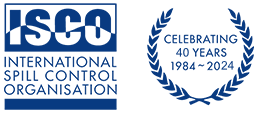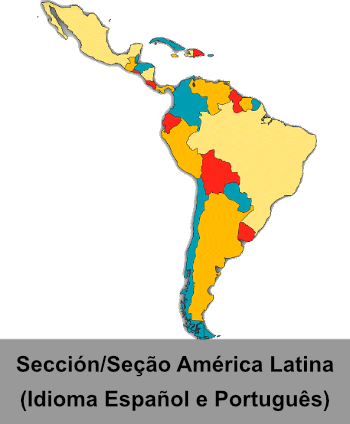Decanting of settled-out water during skimming operations at sea
ISCO is working on a proposal to make it easier for response vessels to decant settled-out water.
The frustration experienced by responders was recently expressed by an internationally respected oil spill response expert – “It’s crazy when the sea is covered with oil as far as you can see, but it’s not only the US who enforce this rule. I have had the same answer from the Italian Coast Guard, as the rules are the same all over Europe. The rules are meant to cover normal operations and of course we all want to see low discharges into the sea, but there should be a dispensation for spills”.
In situations where an oil spill recovery vessel is obliged to cease recovery operations on account of available tank capacity being completely topped up with recovered oil-water mixture, the rules do not allow settled out water to be discharged (to permit continuation of oil recovery) unless oil content is below 15ppm.
In virtually all oil spill situations it is not practicable for skimming vessels to have onboard capability to process settled-out water to ensure oil content is below the permitted limit. In order to comply with rules, the only immediately available option is to halt oil recovery.
This said, there is in fact a clause in the current MARPOL rules that does allow governments to permit decanting in specific situations but it’s not well known and certainly not something that can be quickly and easily resolved in the midst of a response action. The experience of masters of skimming vessels and on-scene-commanders is that officials will automatically refuse permission.
ISCO is proposing that guidelines be developed to allow decanting in an environmentally responsible way in accordance with the principle of net environmental benefit. ISCO’s aim would be to get the rules amended in such a way that a ship’s master or on-scene-commander acting in conformance with these guidelines would be empowered to decant settled-out water without fear of prosecution.
• Facilitating the use of oil at sea for research, equipment evaluation and testing
The need for more effective response technologies has been highlighted by the Deepwater Horizon spill in the Gulf of Mexico and the higher risks posed by increased oil industry operations in hostile and sensitive environments.
The availability of laboratory and test tank facilities is good but this does not provide a complete answer. At-sea testing and scientific evaluation using oil is an essential component of some kinds of marine spill response R&D. Consider, for example, the large body of work conducted by the British Government’s Warren Spring Laboratory in developing techniques for aerial application of oil spill dispersants – this could not have been done without using oil at sea. A current example is the need for work being done to test and evaluate performance of new technology for sub-sea oil recovery
ISCO is not advocating making it easy for all and sundry to carry out experiments with oil at sea but we do see the need for guidelines to determine the parameters under which responsible parties can be allowed to conduct important R&D work at sea under controlled conditions.
The end objective is to facilitate the development of more effective technologies for protection of the marine environment.





